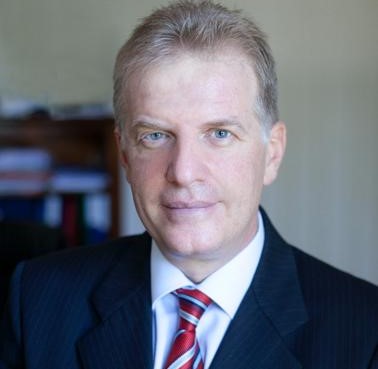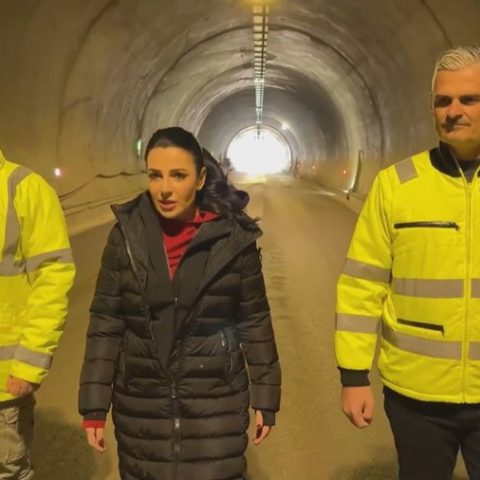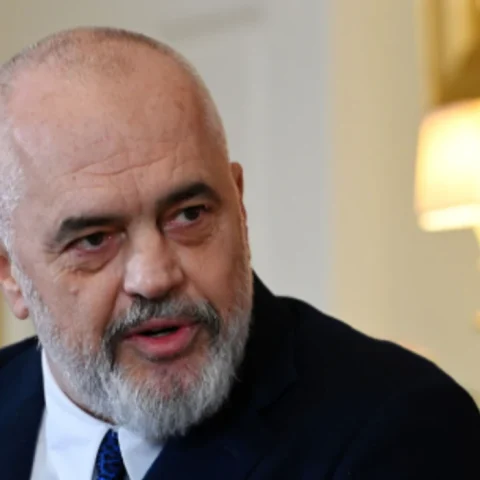Tirana Times,August 08,2025 — A massive Albanian-run cocaine trafficking syndicate, accused of moving 28 tons of the drug from Latin America to European ports and laundering its profits in luxury resorts and real estate in Albania, has been dismantled in a multinational operation.
The breakthrough, announced Friday by Albania’s Special Anti-Corruption Structure (SPAK), was made possible not through domestic policing, but through intelligence and investigative work by European law enforcement agencies — after encrypted communications on the Sky ECC platform, used by organized crime groups, were cracked. The investigation involved Europol and authorities in Belgium, France, the Netherlands, Germany and Italy.
SPAK prosecutors described the network, led by Ervis Çela and Franc Gergely Çopja, as one of the most powerful Albanian criminal organizations in the international cocaine trade. Operating from Paraguay, the group is accused of controlling the entire trafficking chain — from sourcing multi-ton shipments, concealing them in legitimate cargo such as soap boxes, paint cylinders and construction material, to distribution through European ports, primarily Antwerp and Hamburg.
According to SPAK, the cartel had the capacity to influence cocaine prices in European markets, recover swiftly from multimillion-euro drug seizures, and launder vast profits through Albanian-registered companies. Preventive seizures ordered by the Special Court include the “Ajman Park” resort in Shijak, a €1 million villa in Dhërmi, land in Tirana’s Sharra area, and multiple businesses in Durrës, Kavaja and Rrogozhina.
One of the key figures, Fadil — also known as Julian — Balla, wanted by SPAK as part of the Çopja group, is the owner of AMR shpk, the company behind the Ajman Park resort. Earlier this year, AMR won a 1.2 billion lek municipal contract for waste management in Shijak — a tender marred by allegations of illegal dumping in a rural landfill. Balla is also reportedly related to Socialist Party MP Ilir Ndrazhi and is alleged to have been active in election campaigning in Durrës.
The revelations highlight a wider pattern: for years, criminal groups have openly funneled drug profits into Albania’s booming construction and tourism sectors, often in prime locations in Tirana and along the coast. Despite having an “anti-mafia” law that allows asset seizures based on unexplained wealth, Albania’s institutions have almost never initiated investigations into the origins of the large-scale capital flowing into the sector.
These investments are a “public secret,” visible to all but untouched by local law enforcement. Analysts warn that the apparent impunity has allowed criminal economies to gain influence in segments of government and public administration — with some companies linked to organized crime even securing public tenders.
The European-led investigation paints a stark contrast: while Albania benefits from asset seizures when foreign probes identify illicit wealth, the country has yet to demonstrate that it can independently dismantle the financial infrastructure of its own organized crime networks. Without such capacity, experts caution, the skyline of Tirana and the luxury resorts on the Ionian coast will remain not just symbols of economic growth — but also silent monuments to the unchecked flow of Europe’s drug money.










